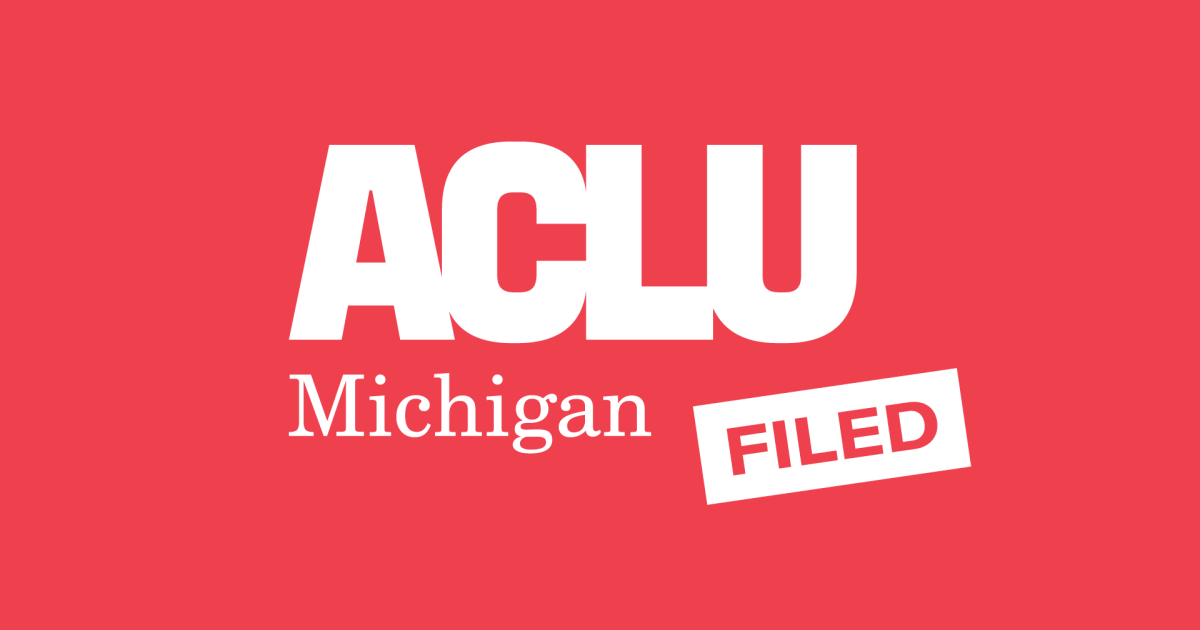Abstract
More is not always better. Consider sex offender registration laws. Initially anchored by rational basis, registration schemes have spiraled out of control because legislators, eager to please a fearful public, have been given unfettered freedom by a deferential judiciary.
This particular article does not challenge the state’s legislative power to enact sex offender registration laws. Instead, this piece posits that, even if sex offender registration schemes were initially constitutional, serially amended sex offender registration schemes – what this piece dubs super-registration schemes – are not. Their emergence over the last several years demands reexamination of traditionally held assumptions that shaped the original legislation.
Two intertwined causes are responsible for the schemes’ constitutional downfall. The first is a legislative body eager to draft increasingly harsh registration and notification schemes to please an electorate that subsists on a steady diet of fear. When combined with the second cause, a Supreme Court that has yet to signal much needed boundaries, the ensuing consequence is runaway legislation that is no longer rationally connected to its regulatory purpose. Ultimately, this article is a cautionary tale of legislation that has unmoored from its constitutional grounding because of its punitive effect and excessive reach.


Again I say, a registry may be administrative, but laws targeting those on the registry are absolutely punitive (and unconditional).
Thx for this article. I’ve always wondered where all this began. I will post more comments after reading this.
What this author names ‘super-regulation schemes’ is a fancy name for what was formerly called the General warrant. The general warrant lacks the specific identification of a law broken. Instead our federal legislature decided to enact the Whetterling act, part of the 94OMNIBUS, by which it imposed threats of withholding Byrne grant moneys to each state if a state chose not to comply. Naturally, all 50 states complied.
Good ideas do not need coercion to promote implement. That the Feds used the tactic of financial coercions, clearly underlines their wayward thinking. It also identifies that something else is s afoot here, that is to say another motivation is in play. I believe that other thing is the political advantages of maintaining databases for security of the two party system.
Its plain to see what its for , there is a lot of information that shows where they are going with it , and you will find that in the worst of the worst history
Every year the registration gets more and more restrictive to the point people are meant to fail. If you continue to push people out of society with no hope of ever redeeming themselves, deny them work, a place to live, and force them to live under constant humiliation and harassment, what do you think they will eventually turn in to? A school shooting is a good dream compared to what is coming from these people that have nothing to lose. In 2016 there were 850,000 registered sex offenders in the US. 89,000 of them are children under the age of 18. Over 10%! Are we to believe a high school cheerleader that mooned someone at a football game is going to jump out of the bushes and rape you? Or the 10 yr old that was caught playing doctor? The government wants you to believe all these “dangerous people” are there to get you.
The US is not the first country that forced its citizens to register so the government could keep track of them. The NAZIs started with “perverts and homosexuals” to protect the public and moved them to concentration camps. They eventually moved on to the Jews when the people saw it as a public safety issue.
“The State must declare the child to be the most precious treasure of the people. As long as the government is perceived as working for the benefit of the children, the people will happily endure almost any curtailment of liberty and deprivation.”
– Adolf Hitler, Mein Kampf 1943